Whether you’ve just had your gallbladder removed or if you’re scheduled to have it removed soon, it’s never too early to start thinking about life after surgery. While the human body can survive without a gallbladder, you’ll definitely need to make a few lifestyle adjustments, especially when it comes to diet.
To help you navigate this new chapter of your health journey, we’ve broken down everything you need to know to follow the best post-gallbladder surgery diet, including exactly what you should and shouldn’t eat after having your gallbladder removed.
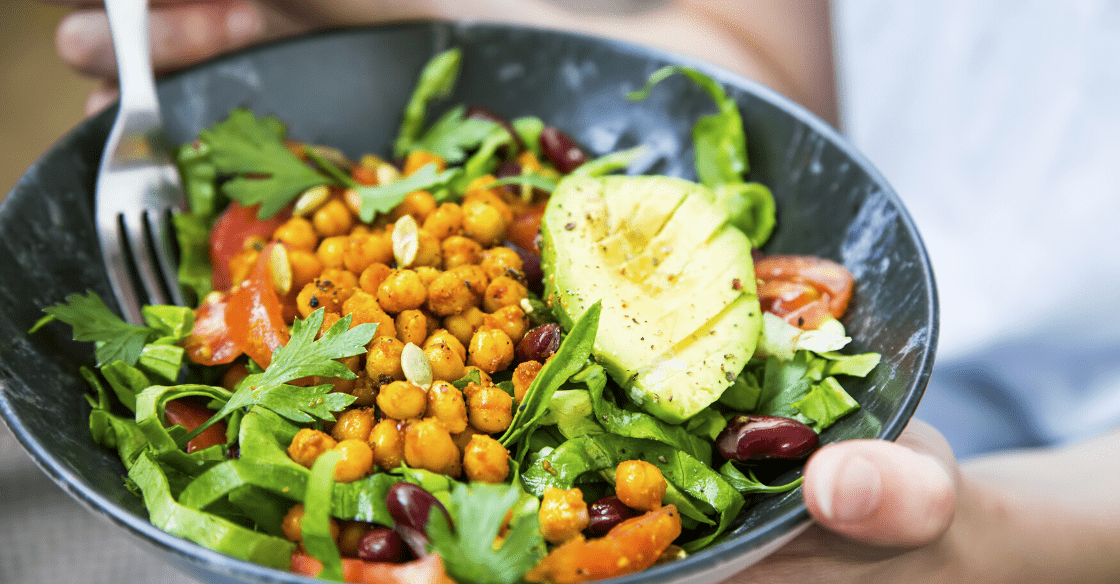
Post-Gallbladder Surgery Diet Tips
These tips will help you recover comfortably after gallbladder surgery.
Plenty of Liquids
Right after surgery, your number one priority will be to stay hydrated. Diarrhea is an unfortunate, but extremely common occurrence after gallbladder surgery, which can quickly drain your body of necessary fluids, vitamins, and minerals.
Due to this fact, it’s crucial that you stick to a ‘’clear liquid diet’’ and drink plenty of water, broths, and vitamin- or mineral-enhanced beverages post-surgery. While sports drinks are a good option during this time, you’ll want to avoid all alcohol and any caffeinated beverages such as coffee, energy drinks, tea, and soda.
Over time, you should slowly begin introducing solid foods back into your diet. In the meantime, stick with liquids to give your body time to heal.
Small Meal Portions
While many of us are used to eating three fairly large meals a day (i.e., breakfast, lunch, and dinner), larger portion sizes will no longer be ideal for your body after having your gallbladder removed.
Instead, you should eat much smaller meals every 2 – 3 hours. This way, you’re getting the nutrients and calories you need without overworking your liver.
For breakfast, focus on simple, low-fat options that are easy to digest. Oatmeal made with water and topped with a small amount of fresh fruit is a great choice. You can also try scrambled egg whites with whole-grain toast or a smoothie made with low-fat yogurt, banana, and a handful of oats. Avoid greasy breakfast foods like bacon, sausage, or fried eggs, as they can trigger digestive discomfort. Keeping breakfast light and low in fat will help ease your body into the day without straining your digestive system.
Low Fat
This can be the toughest dietary recommendation to follow, but it’s without a doubt the most important. Your body is going to have problems digesting fat after your surgery.
While you’ll eventually want to reintroduce healthy fats back into your diet (see list below), a fairly bland, entirely no-fat diet is going to be easiest to digest for the first few weeks after surgery. Think foods such as unbuttered toast, rice, bananas, soup, and pasta.
After a few weeks have gone past and your body – specifically your liver – has acclimatized to the removal of your gallbladder, you’ll want to start incorporating healthy fats as a regular part of your diet.
Since fat content can be difficult to determine in pre-packaged foods, you’ll need to get used to reading food labels and inquiring at restaurants before eating any food you didn’t prepare yourself. This is crucial because your daily fat intake must be less than 30% of your consumed calories. Ideally, you’ll want to aim for 40-50g of fat per day.
While this can often feel like the most restrictive aspect of your post-gallbladder diet, sticking to low-fat foods will help you feel your best.
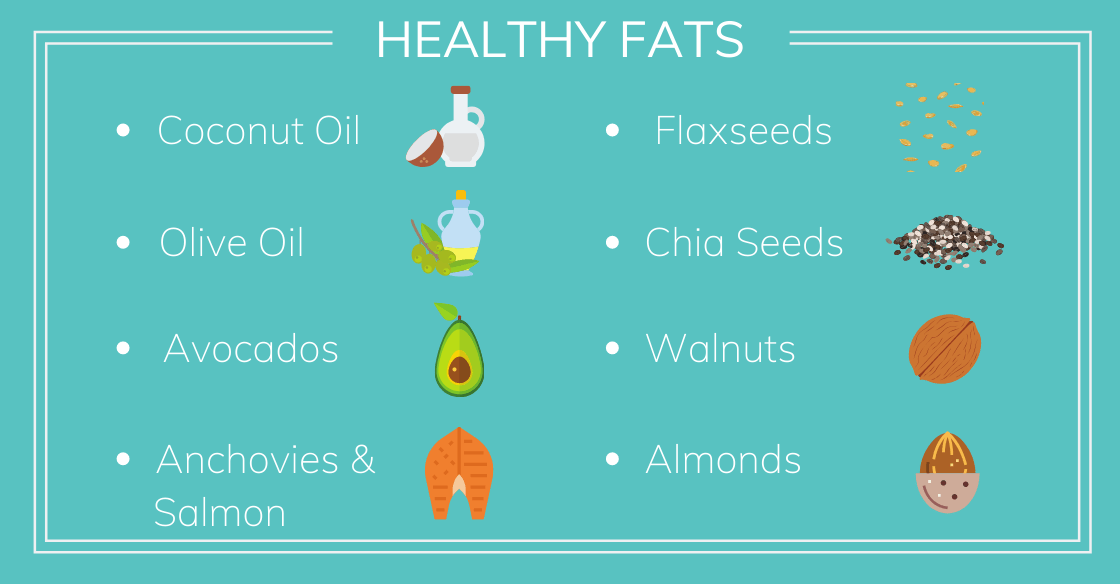
Lean Protein
Because a low-fat diet is critical to maintaining your health after gallbladder surgery, you should focus on only consuming lean meats. This means cutting out red meats and any cuts that tend to be on the fatty side.
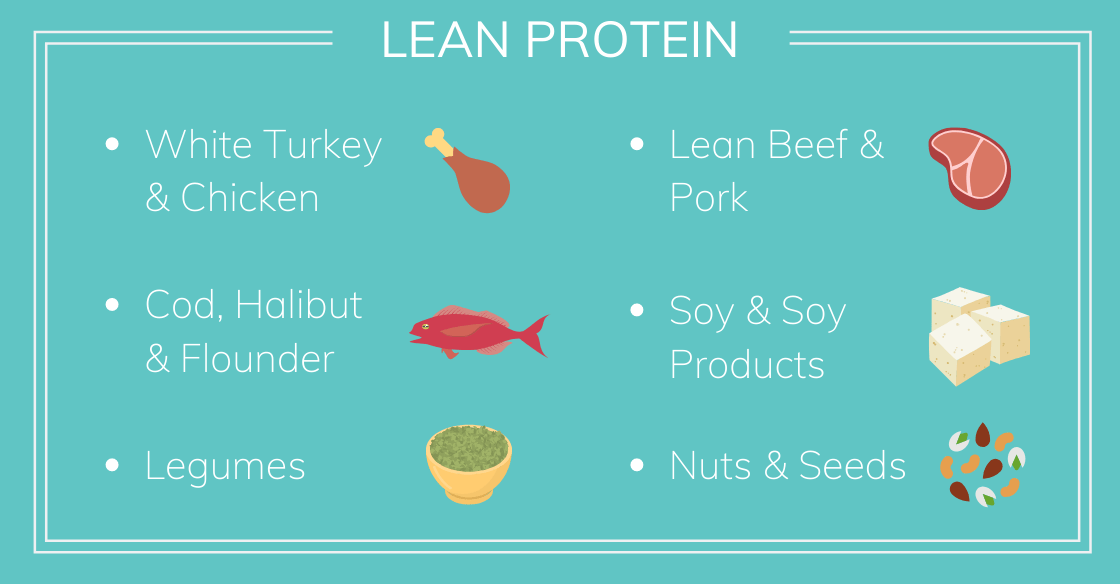
Increase Fiber Slowly
While adding fiber to your diet can help ease diarrhea after surgery, introducing it too quickly can cause uncomfortable abdominal cramping and gas. To avoid this issue, introduce more soluble fibers into your diet.
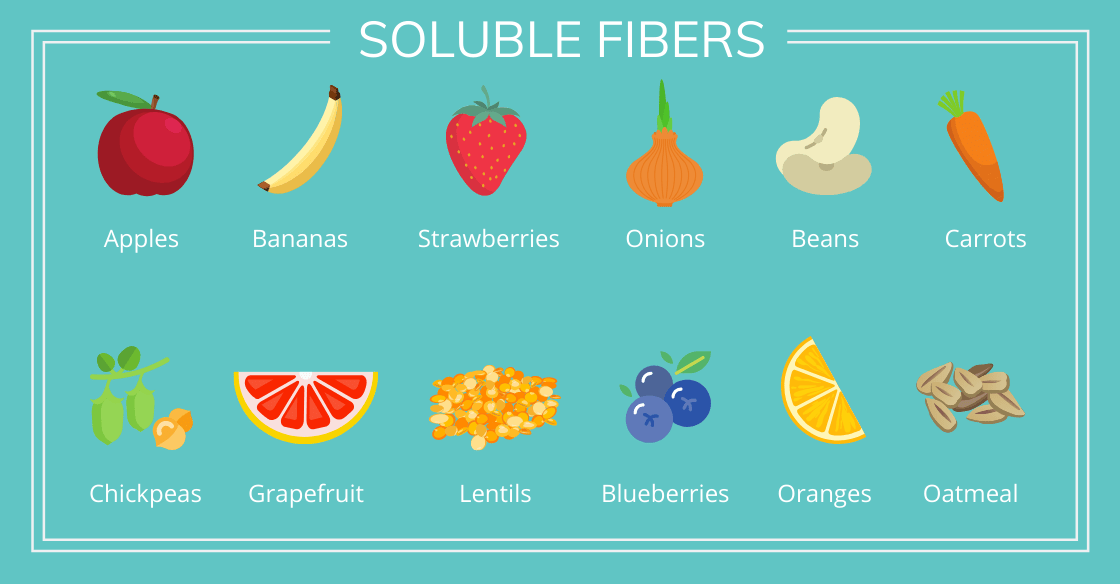
Once your body has adapted, you can then include more high-fiber items. You’ll want to introduce these products slowly, typically over several weeks.
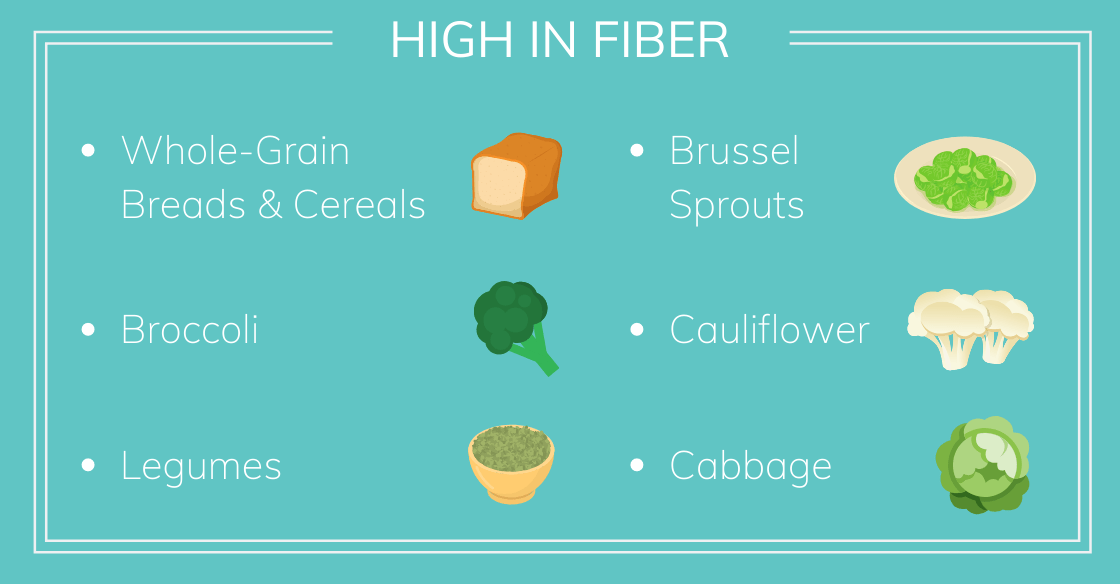
Although you’re going to need to regulate the introduction of fiber into your diet quite carefully, it is a crucial component of your post-surgery diet that should not be overlooked. Fibrous foods, such as whole grains, fruits, and vegetables, are all instrumental in reaching and maintaining your optimal health.
Avoid Most Dairy Products
Milk and other dairy products can lead to a number of digestive issues after gallbladder surgery. While it’s best to simply avoid dairy products altogether, it’s best to stick to low-fat or fat-free dairy options.
Whole-milk and other high-fat dairy products can cause diarrhea and painful gas or cramping, so these should not be consumed after undergoing gallbladder surgery.
Foods to Avoid at ALL Costs
There are several foods you should avoid at all costs due to the havoc they’ll wreak on your digestive tract once your gallbladder has been removed.
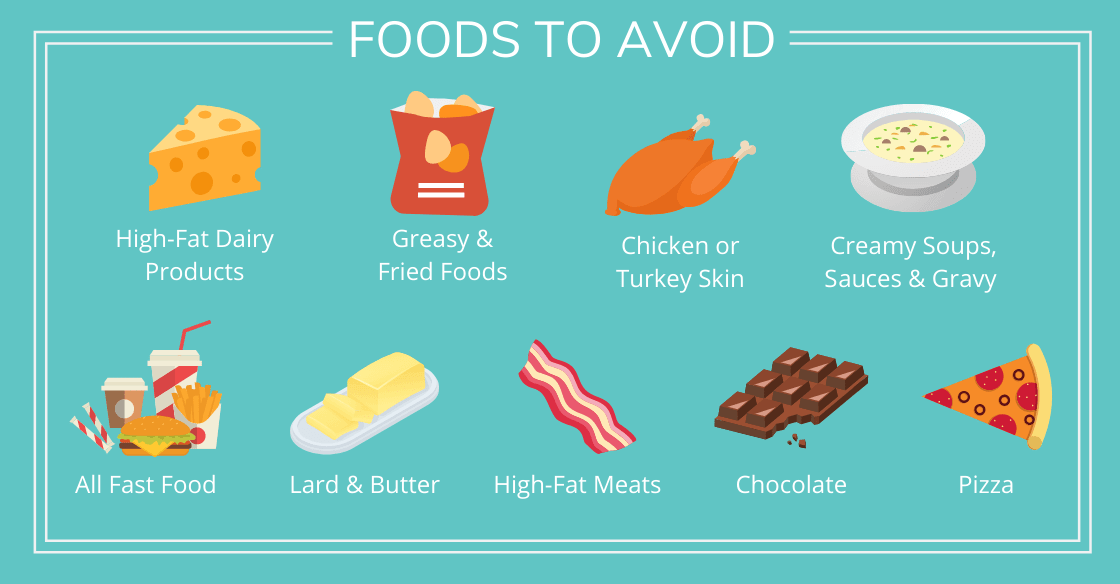
Take Care of Your Body With the Right Diet
Put, foods low in fat and high in fiber are the ideal post-gallbladder surgery diet to keep your body running smoothly. Not only will these food choices reduce your risk of experiencing liver problems such as fatty liver disease, they can also help with any post-surgery digestive issues, such as diarrhea, cramping, and gas.
If you require gallbladder surgery or have had your gallbladder removed and are experiencing painful digestion problems, reach out to Olde Del Mar Surgical. Our friendly staff will be on standby to help you schedule a consultation today.
You May Also Like
-
How Much Weight Can You Expect To Lose After Bariatric Surgery?
Feb 21, 2019
-
What is Hiatal Hernia Surgery?
Apr 17, 2020
-
How To Talk With Your Child About Your Weight Loss Surgery
Feb 28, 2019
-
4 Tips For Eating Healthy On Vacation
Jul 31, 2019
-
Gastric Bypass vs. Gastric Sleeve: Which One Is Right for You?
Mar 20, 2019